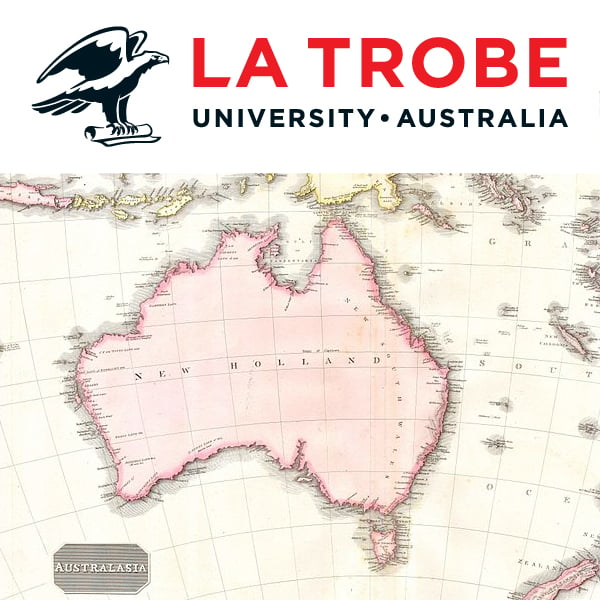Hygiene in 19th Century Melbourne
Description
Dr Michael Lever (Project Archaeologist, Andrew Long and Associates) on health, hygiene, and material culture in nineteenth century Melbourne.
Death and disease wrought tragedy in Melbourne of the 19th century, particularly among children of the working-class poor.
During this time, the medical profession and government were certain they had the means to prevent fatal epidemics. They believed disease was caused by miasma, but appear to have taken few, if any steps towards controlling this. Against a backdrop of British and Australian notions on disease, and practices of public hygiene (or the lack thereof) I will examine what the archaeological record can tell us about household hygiene practices in Melbourne at the time. I will examine how this fits or conflicts with medical and popular ideas on disease, and what we can learn about the drastic changes in Melburnian attitudes to medicine and one's body, over the last 150 years.
Copyright 2012 La Trobe University, all rights reserved. Contact for permissions.
More Episodes
Sarah Midford (Mediterranean Studies, La Trobe University) on the legacy of the Gallipoli campaign, and the fine line between commemoration and celebration.
Gallipoli and the Great War is a fully online subject at La Trobe University. You can enrol or find out more at:...
Published 05/24/15
Sarah Midford (Mediterranean Studies, La Trobe University) on the legacy of the Gallipoli campaign, and the fine line between commemoration and celebration.
Gallipoli and the Great War is a fully online subject at La Trobe University. You can enrol or find out more at:...
Published 05/20/15
Professor Robin Prior (History, Flinders University) on the Gallipoli campaign, Australia’s contribution on the battlefield, and the growth of myth.
Gallipoli and the Great War is a fully online subject at La Trobe University. You can enrol or find out more at:...
Published 05/05/15


